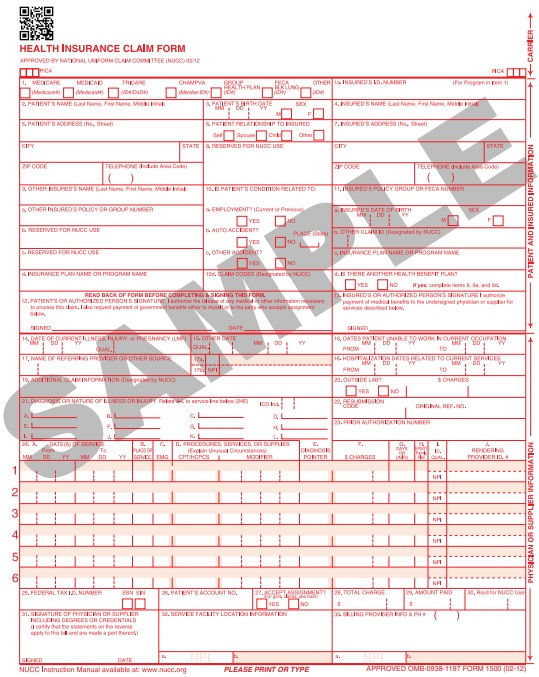Adding CPT codes
- Elite Accreditation Consultants
- Aug 18, 2023
- 2 min read
Your question involves a small mix-up: AHIMA (American Health Information Management Association) does not govern the CPT (Current Procedural Terminology) codes. The CPT code system is maintained and copyrighted by the American Medical Association (AMA).
If you're interested in adding new codes or making changes to the CPT code set, you'll need to work with the AMA. Here are the general steps you'd follow:

Understand the CPT Code System: Familiarize yourself with the existing CPT code structure and guidelines. It's essential to understand the system before suggesting changes or additions.
CPT Editorial Panel: The AMA has an Editorial Panel that meets three times a year to review proposals for changes to the CPT code set. This panel consists of representatives from the medical field, including physicians, healthcare professionals, and coding experts.
Prepare Your Proposal: If you've identified a need for a new code or a change to an existing code, prepare a thorough proposal. This proposal should justify the need for the change and provide clinical evidence and documentation.
Submit the Proposal: Proposals can be submitted to the CPT Editorial Panel for consideration during one of their meetings. Make sure you follow AMA guidelines for submissions.
Panel Decision: Once the Editorial Panel reviews your proposal, they'll either approve, deny, or request further information. If approved, the new or revised code will be added to the upcoming edition of the CPT code set.
RUC Process: If your code is approved by the Editorial Panel, it may also need to undergo valuation by the AMA/Specialty Society Relative Value Scale Update Committee (RUC). The RUC determines the relative value of services in the Medicare Physician Fee Schedule.
Implementation: If everything goes smoothly, the code will be published in the next annual CPT codebook update.

Keep in mind that the CPT coding system is intricate, and the approval process can be rigorous. It's essential to ensure that any proposed changes or additions are well-documented and justified to increase the likelihood of acceptance. If your inquiry was related to the ICD-10-CM codes or another coding system governed by AHIMA, the process would be different, and you'd need to follow their specific procedures and guidelines.




Comments